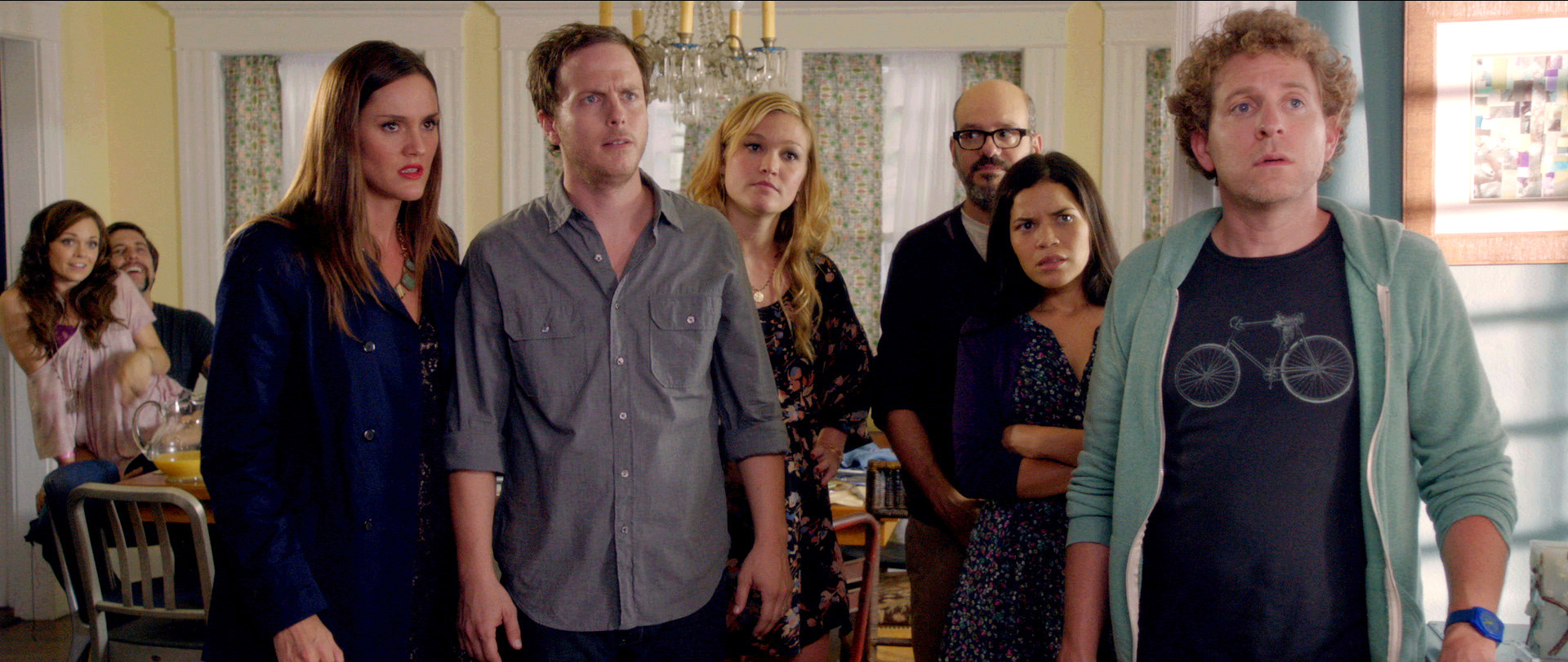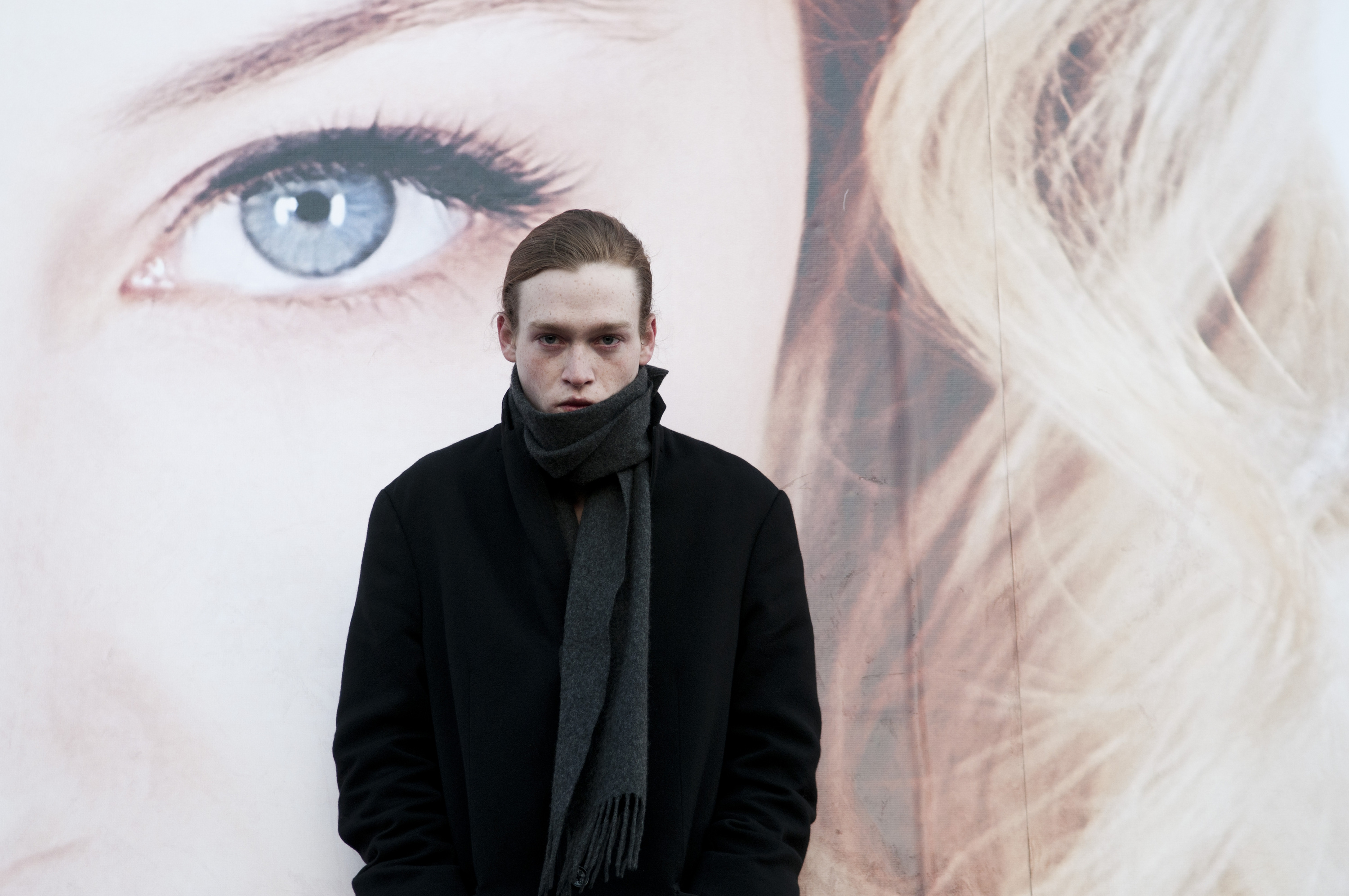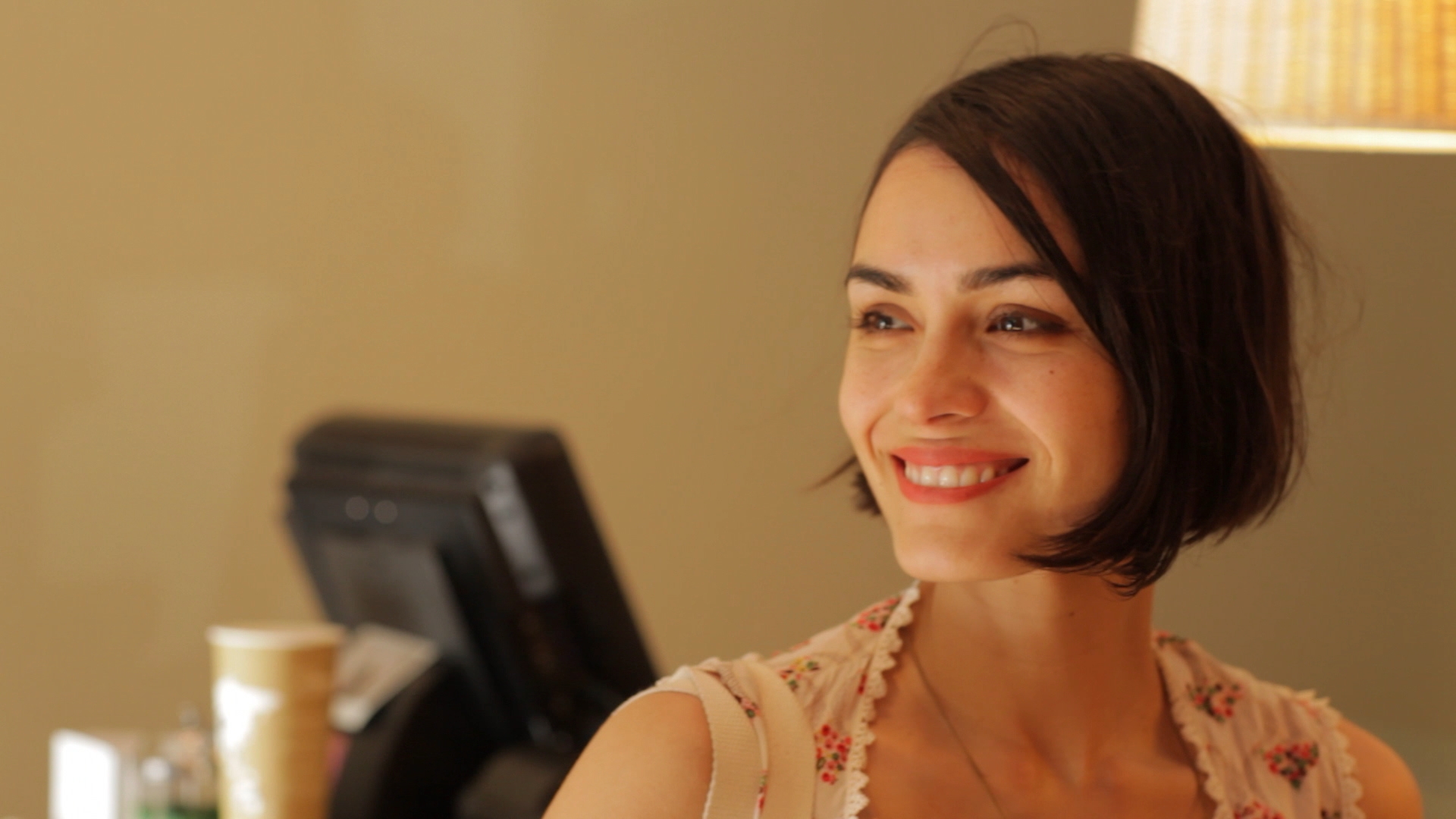Beyond the Hills
Opens Fri., March 29 at Seven Gables. Not rated. 150 minutes.
Cristian Mungiu won international acclaim for his devastating 2007 film 4 Months, 3 Weeks and 2 Days (aka “the Romanian abortion movie”), which took that year’s Palme d’Or at Cannes. His latest feature, based on Tatiana Niculescu Bran’s nonfiction accounts of a modern-day exorcism gone wrong, feels like it lasts for about 4 months, 3 weeks, and then some. Cristina Flutur and Cosmina Stratan play Alina and Voichita, respectively, two former lovers who grew up together in an orphanage. But don’t make the mistake of expecting a racy lesbian romance here. Beyond the Hills’ dark, doom-laden story matches the stark, colorless Moldavian monastery where it takes place. It’s a painfully arduous watch; over two-and-a-half hours long, it’s a film that also demands an intermission—a nap, a walk, a hug—if you want to escape its enveloping torpor.
Beyond the Hills should be an hour shorter, but that doesn’t mean it’s not an interesting story. Stratan, who looks like a more severe Mila Kunis, is intriguingly restrained as Voichita, who has been living at the New Hill Monastery under the tutelage of a stern priest and a kindly, submissive Mother Superior. Her childhood roommate Alina—an agitated, violent girl, her hair always pinned back tightly—has been living in Germany working as a waitress, but she returns to the monastery hoping to liberate Voichita, for whom she still harbors a fiery passion. Mungiu infuses each scene with a sense of unease: Dogs are always yelping, birds chattering, knives chopping, dishes clattering. He uses the same subtlety to refer to Alina and Voichita’s romantic history. It’s never spoken of directly, but it’s made obvious from the beginning. “You have a fever,” says Voichita, touching Alina’s forehead. “I’ll need a rubdown,” says Alina, pulling out rubbing alcohol and stripping off her blouse. That’s as physical as the two girls get. When Voichita declines to share a bed with her, Alina is surprised and disappointed. She still longs for Voichita, who believes she’s vanquished that forbidden passion by devoting herself to God—“the path that means I’ll never be alone,” she says. That emotional distance brings Alina to uncontrollable rage.
The monastery nuns are aptly described by Alina as crows, a cawing, fluttering flock. They gossip and whisper about Alina, speculating that she’s joined a cult or been possessed by a malevolent spirit. The priest attributes it to a hidden sin that she’s unwilling to confess. We of course know that Alina isn’t demon-possessed; she’s just madly, indomitably in love. But this is where Beyond the Hills becomes confusing and provocative, a collision between the modern and the medieval, as Alina is bound with chains and gagged. She’s twice a victim of passion—both to her obsessive attachment to Voichita and to the monastery’s cruel rituals.
It’s fascinating, frightening material, but Beyond the Hills is so long and relentlessly heavy-handed that we end up suffering along with Alina.
film@seattleweekly.com








